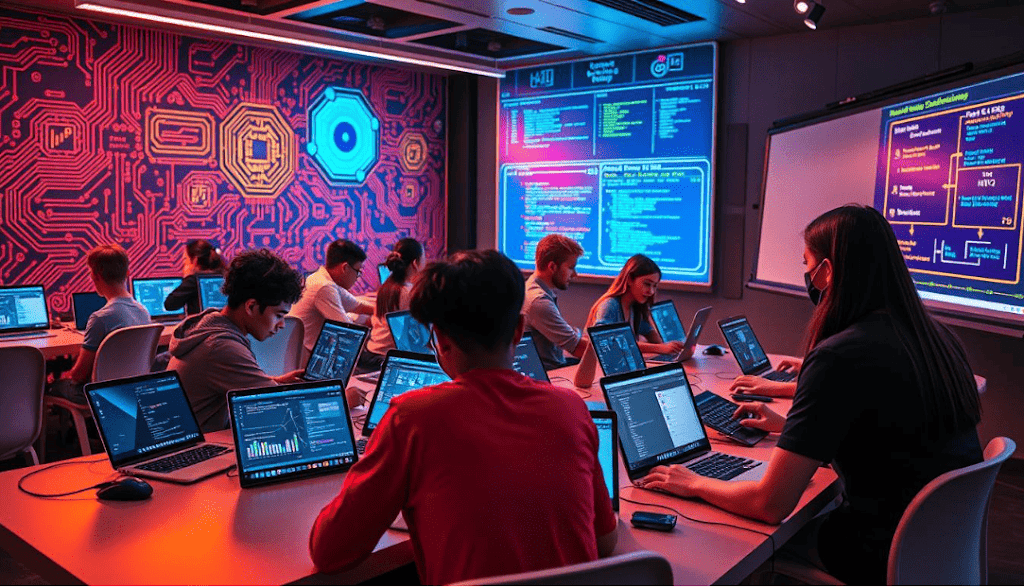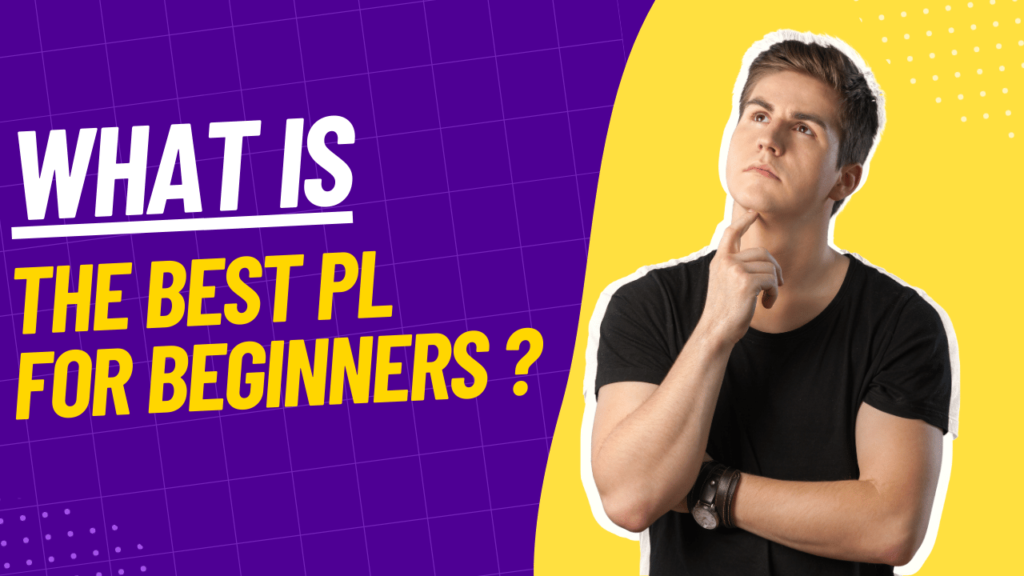How to Become a Software Engineer After 12th ?

How to Become a Software Engineer After 12th ?
Are you a high school graduate looking to start a tech career? Software engineering is a great choice. It’s full of challenges and opportunities for those who love solving problems and working with new technology. But how do you start a software engineering career after your 12th-grade studies?
Starting a career in software engineering might seem tough. But with the right help and hard work, it’s a rewarding journey. This article will guide you through the basics of computer science and the different ways to learn. It will help you reach your goal of becoming a software engineer.
Essential Educational Pathways and Requirements After 12th
After finishing 12th grade, aspiring software engineers have many paths to explore. One common choice is getting a
Bachelor’s Degree in Computer Science
This program teaches the basics of programming, algorithms, and software design and helps students improve their problem-solving and analytical skills. Top universities like Accenture offer these programs, setting the stage for a successful career as an associate software engineer.
Another growing option is
Software Engineering Bootcamps
. These short, intense programs focus on practical, project-based learning. They’re great for those wanting to quickly gain the skills needed for a software engineer internship, without a long college commitment.
For those who like learning at their own pace,
Online Certification Programs
It is a good choice. These programs, from well-known institutions and online platforms, offer specialized knowledge and certifications. They can enhance a college degree or stand alone as a credential for aspiring software engineers.
No matter the path, gaining practical experience is key. Internships and personal projects help build a strong portfolio and the skills needed for success. By exploring these options, students can find the best way to start their rewarding careers in software engineering.
Educational Pathway Key Benefits Typical Duration
Bachelor’s Degree in Computer Science Comprehensive curriculum, theoretical knowledge, problem-solving skills 4 years
Software Engineering Bootcamps Hands-on, project-based training, accelerated learning 3-6 months.
Online Certification Programs Flexible, self-paced, specialized knowledge and certifications Varies, typically 6-12 months.
How to Become a Software Engineer After 12th
Becoming a software engineer after the 12th can be both exciting and rewarding. To start this journey, you need to develop key skills and gain practical experience.
First, focus on building a strong foundation in programming and computer science. Mastering languages like Python, Java, or C++ is essential. Also, learn about data structures, algorithms, and software design patterns to boost your technical skills.
Seeking software engineer internships is crucial. These experiences let you apply your knowledge in real-world scenarios. They also help you develop soft skills like problem-solving, teamwork, and communication.
Creating a strong portfolio of projects is also key. Show off your skills by developing your apps, contributing to open-source projects, or taking part in coding challenges. This can make you stand out to employers.
Networking in the software engineering field is vital. Attend industry events, join professional groups, or connect with experienced engineers on LinkedIn. This can lead to new opportunities and help you find entry-level software engineer jobs.
Finally, always keep learning and growing. Stay updated with new technologies and methods. This will keep you competitive in the fast-changing world of software engineering. By doing so, you’ll be ready to thrive as a full-stack software engineer.
Conclusion
In the world of software engineering, there’s no single right way to start after 12th grade. This article looked at key paths, like getting a Bachelor’s in Computer Science, joining software engineering boot camps, and getting online certifications.
To do well in software engineering, keep learning and gaining hands-on experience. You might pursue a degree, a boot camp, or online certifications. The goal is to build skills, solve problems, and stay flexible in this fast-changing field.
Starting your software engineering path is exciting. Remember, the journey is just as important as reaching your goal. Stay curious, tackle challenges, and be ready to change with the industry. With effort, passion, and a love for innovation, you can have a fulfilling career as a software engineer, associate software engineer, or full-stack software engineer. Begin today and see where your career in software engineering can take you.
FAQ
What are the educational pathways to becoming a software engineer after 12th grade?
To become a software engineer after the 12th, you have a few options. You can get a bachelor’s degree in computer science. Or, you can join software engineering boot camps. Online certification programs are also available.
What skills and programming languages should I focus on to become a software engineer?
To be a software engineer, focus on programming skills. Learn languages like Python, Java, C++, and JavaScript. Also, understand computer science, data structures, and algorithms well.
How can I gain practical experience as a software engineer?
Practical experience is key for software engineers. Try internships, personal projects, and open-source contributions. Networking in the industry helps build your portfolio and show your skills.
What are the career opportunities for software engineers?
Software engineers have many career paths. They can work in tech, finance, healthcare, and e-commerce. They can specialize in web development, mobile apps, cloud computing, or data engineering. Opportunities range from entry to senior levels.
How can I stay up-to-date with the latest trends and technologies in software engineering?
To keep up with software engineering trends, follow industry blogs. Attend meetups and conferences. Join online forums and learn new programming languages and frameworks.




